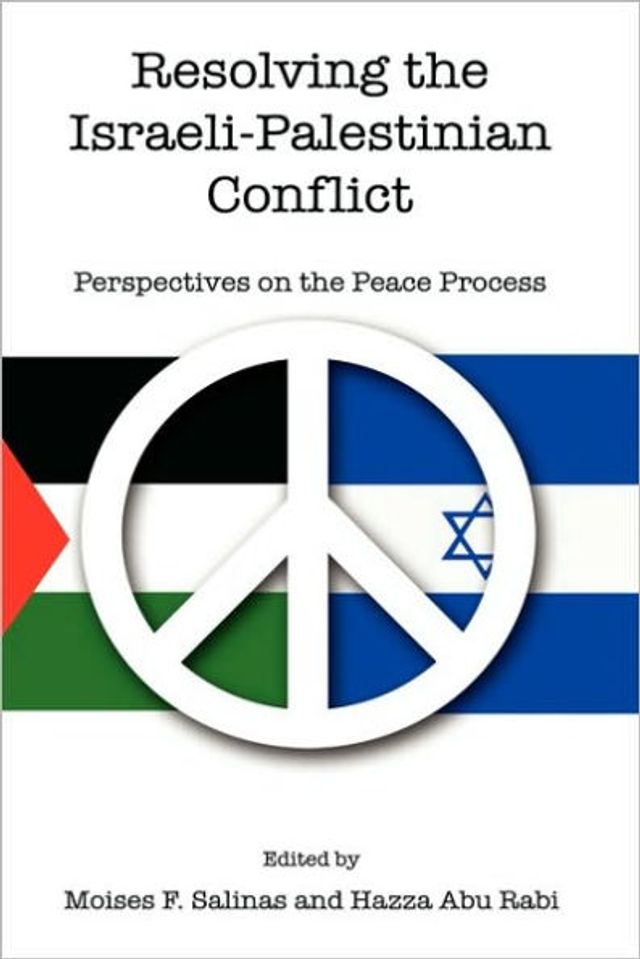Home
Standing on an Isthmus: Islamic Narratives on Peace and War in Palestinian Territories



Standing on an Isthmus: Islamic Narratives on Peace and War in Palestinian Territories
Current price: $142.00
Loading Inventory...
Size: OS
explores the role of religion, particularly Islam, in the Israeli-Palestinian conflict as a factor both motivating the conflict and as a potential resource for its resolution. It examines how religious beliefs, commitments, and traditions shape and influence concrete social action such as promoting either violent or peaceful behavior and focuses on the legitimation process of religious narratives. More specifically it looks at different Islamic interpretations of war and peace within the Islamic tradition and investigates why an extremist interpretation is becoming more accepted among Palestinians as a response to the conflict.
has become particularly important in the post-September 11 era, when the relationship between violence and religion in general, and Islam in particular, became a central concern for scholars and politicians. Other horrific acts, such as the 2002 Bali bombings, and 2004 Beslan School Siege have also significantly contributed to the image of Islam as a violent religion.
examines the internal dialogue that rages among Islamic scholars for the "correct" interpretation of Islam, sheds light on why Islamic extremism has come to be accepted as a strategic tool among some Islamic groups, and investigates the role of social institutions and civil society networks, utilized by different groups, in the process of legitimizing their interpretation. Consequently, it addresses a series of new topics for conflict resolution studies, including religious and pragmatic motivations of behavior; struggle between moral values, multi-faith dialogue, and pluralism as conflict resolution strategies; and the socio-political impact of leadership, legitimation, and the role of interpretation of sacred texts during conflicts, among others. Moreover it seeks to answer the questions: how can we utilize religion, in this case Islam, as a resource for peacemaking, and what is the best strategy to empower those groups and indi


















